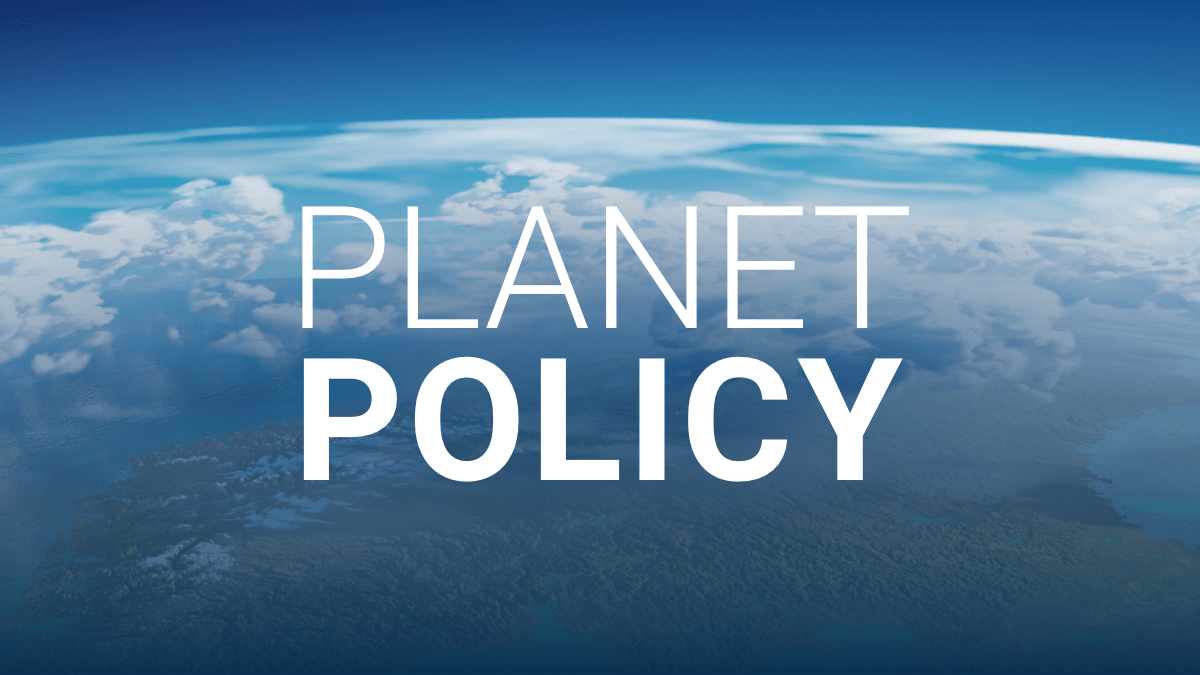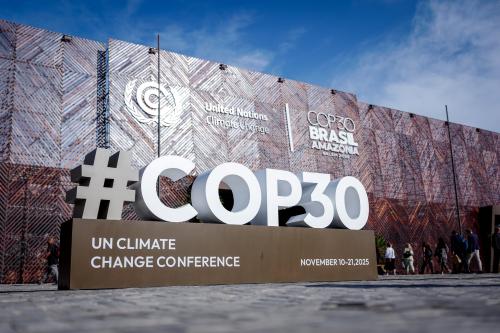Yesterday U.S. and Chinese officials gave those involved in climate negotiations new hope that in 2015 in Paris a meaningful form of agreement to curb greenhouse gas emissions may be reached. As many were still lamenting the Republican takeover of the U.S. Senate and trying to make an assessment of what this means for the president’s ambitions to curb carbon and other emissions, this agreement, despite all its caveats and uncertainties, is still a big deal.
Under the agreement, the United States intends to achieve an economy-wide target of reducing its emissions by 26 percent to 28 percent in 2025, as compared to 2005. China intends to peak carbon emissions by 2030, and also intends to have a 20 percent share of non-fossil fuels in primary energy consumption by 2030.
On a macro level these intentions are important, because the world’s two largest emitters have given the world a tangible example that they intend to cooperate on this issue.
For China, to strive for peak carbon by 2030 surely is significant compared to its stance to date. However, the unknown is where that peak will be, and skeptics may argue that the ceiling will be too high to make the 2 degrees Celsius feasible. Though that is surely an option, it is important to note that the Chinese also intend to have 20 percent of non-fossil fuels by 2030. As Secretary Kerry estimated in his New York Times opinion piece, this means China will need to deploy between 800 and 1,000 Gigawatts of nuclear, hydro, solar or wind power. In essence, China intends to take very substantial action on relatively short notice.
For the United States, the basic notion is that the targets set can be reached with existing policies and regulations (and improvements herein). As significant carbon reductions are still required, these policies seem to include the Environmental Protection Agency’s (EPA) proposed standards for existing electricity plants, even though they remain highly controversial and do not qualify as existing policy.
Domestically, the U.S. administration will face severe political battles over the EPA standards, and this agreement with China. Senator Republican leader McConnell denounced the announcement before the ink was dry. But McConnell’s predictable response is not the news. The real news is the world’s two largest emitters of greenhouse gases agreeing to address what the U.S. Navy, Coast Guard and Pentagon consider to be the gravest global challenge—climate change. That is a big deal.
The Brookings Institution is committed to quality, independence, and impact.
We are supported by a diverse array of funders. In line with our values and policies, each Brookings publication represents the sole views of its author(s).




Commentary
U.S.-China Joint Announcement on Climate Change Is a Big Deal
November 13, 2014